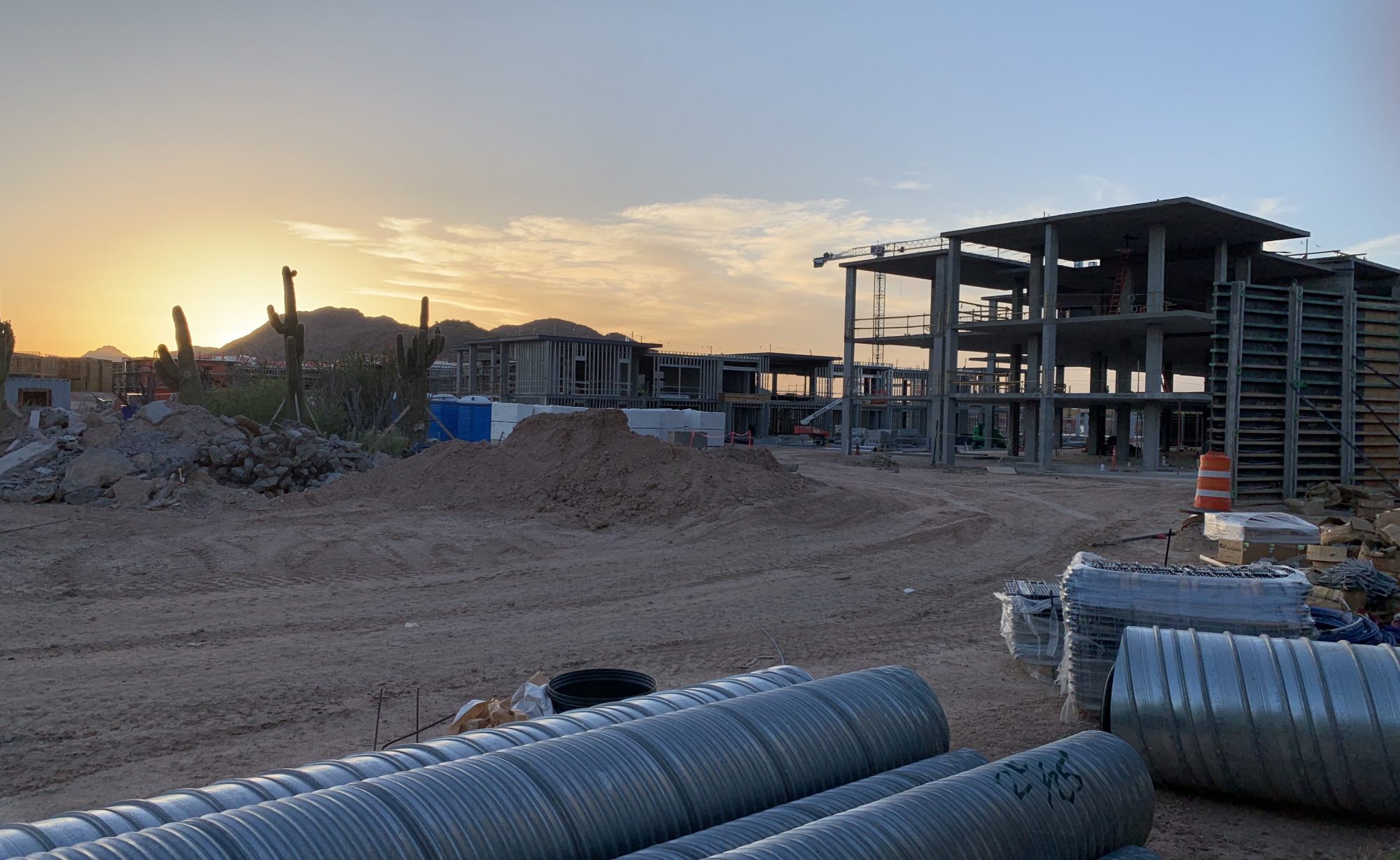As matter of first impression, the Ninth Circuit Court of Appeals recently held in Technica LLC ex rel. U.S. v. Carolina Cas. Ins. Co., 749 F.3d 1149 (9th Cir. 2014) that state laws preventing unlicensed contractors from recovering for unpaid work do not apply to actions under the federal Miller Act.
In Technica, a sub-subcontractor on a federal project in California filed suit for payment under the Miller Act against the general contractor and its surety. The trial court concluded that because the sub-subcontractor was not a licensed contractor as required by California law, it was precluded from pursuing its Miller Act claim for payment. The particular licensing statute at issue in Technica was California Business and Professions Code § 7031(a), which provides in part that:
[N]o person engaged in the business or acting in the capacity of a contractor, may bring or maintain any action, or recover in law or equity in any action, in any court of this state for the collection of compensation for the performance of any act or contract where a license is required by this chapter without alleging that he or she was duly licensed contractor at all times during the performance of that act or contract…
The Ninth Circuit, however, reversed the district court’s decision. Consistent with decisions from the Supreme Court and the Eighth and Tenth Circuits, the Ninth Circuit held that the limitation in Section 7031 on the right of unlicensed contractors to maintain actions for collection of unpaid services does not apply to the Miller Act. The Court first noted that allowing a state statute to serve as a defense could eliminate the federal rights afforded by the Miller Act. Specifically, the Court found that application of Section 7031 “to a Miller Act claim would, at best, condition the [federal] rights of a subcontractor on the procedural requirements of state law, and, at worst, result in the nullification of those rights entirely.”
The Court also rejected the application of Section 7031 as contrary to Congress’ intent in enacting the Miller Act. The Court noted that federal subcontractors routinely work throughout the country and can perform contracts that span multiple states. Requiring these subcontractors to comply with the licensing statutes in any particular state would, therefore, contradict the Miller Act’s purpose – “to reduce the substantive and procedural hurdles placed on federal subcontractors, labor providers and materialmen in seeking payment or wages denied to them.”
Although Technica addressed the application of a California statute, it is an important decision for Arizona contractors to be aware of. This is because, like California Business and Professions Code § 7031, Arizona Revised Statute § 32-1153 also conditions a contractor’s right to pursue a civil action on being licensed. Indeed, Arizona’s statute is substantially similar in form and content to California’s. Section 32-1153 provides that:
No contractor as defined in section 32-1101 shall act as agent or commence or maintain any action in any court of the state for collection or compensation for the performance of any act for which a license is required by this chapter without alleging and proving that the contracting party whose contract gives rise to the claim was a duly licensed contractor when the contract sued upon was entered into and when the alleged cause of action arose.
Accordingly, Arizona’s licensing requirement should not be a defense to a federal Miller Act claim stemming from a project located in Arizona. Please note, however, that the Technica decision has no application to payment claims under Arizona’s “Little Miller Act” (A.R.S. §§ 34-222 et. seq.). Therefore, Arizona’s licensing requirement will most assuredly be a defense to a “Little Miller Act” claim.
